Worksheets for Ages 3-9 - Page 119
2846 filtered results
-
From - To
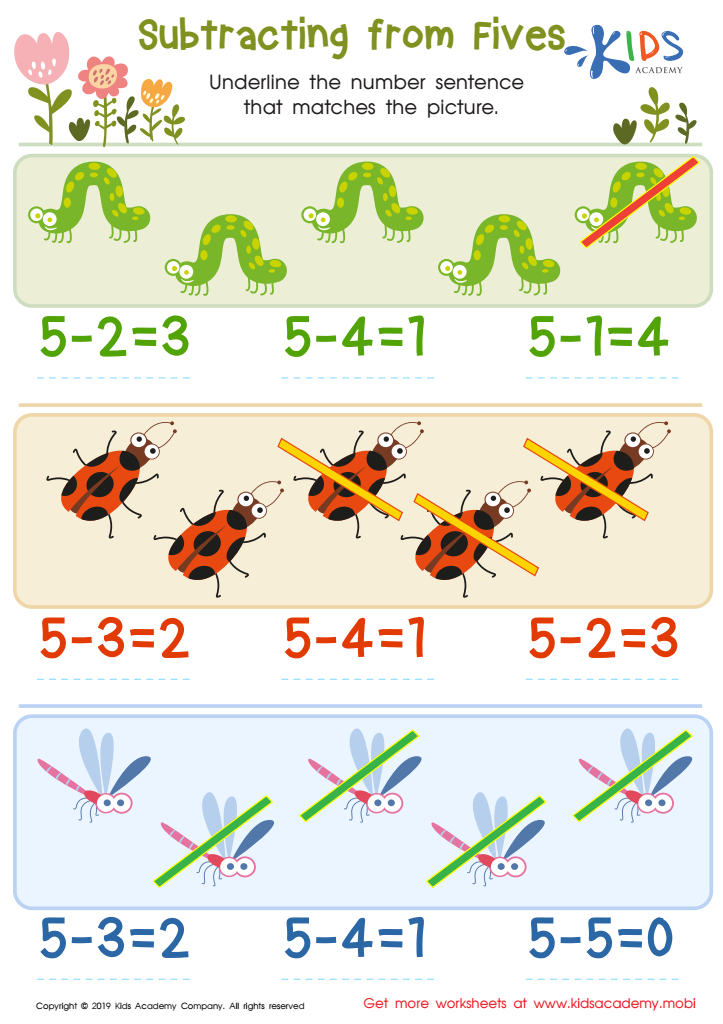

Subtracting From Fives Worksheet
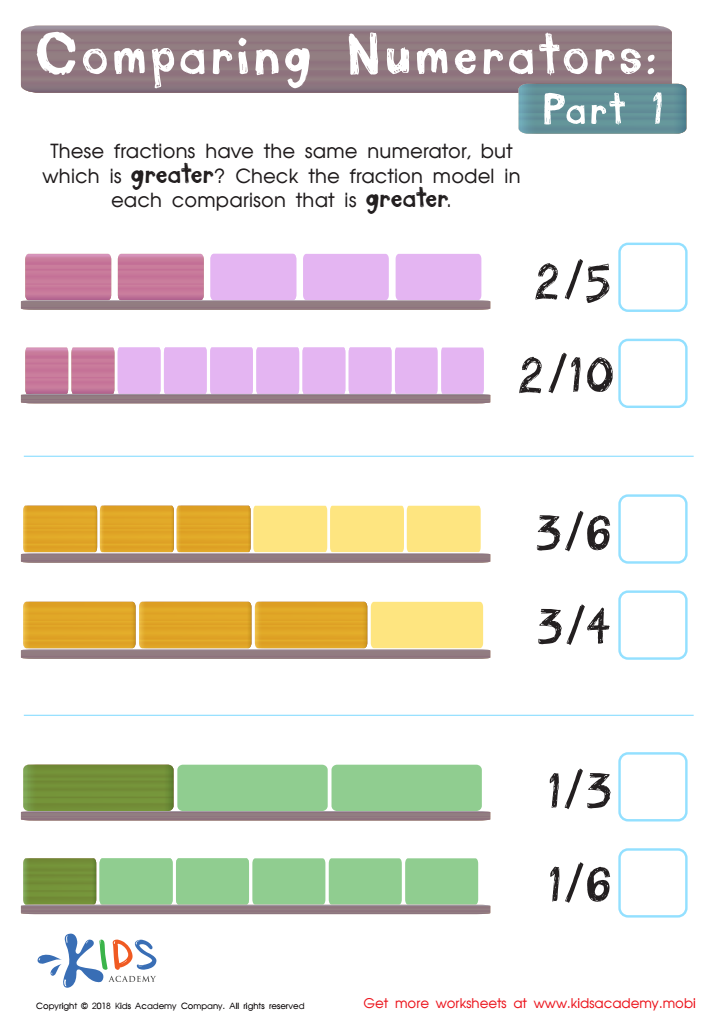

Comparing Numerators Part 1 Worksheet


Night Sky Numbers Worksheet
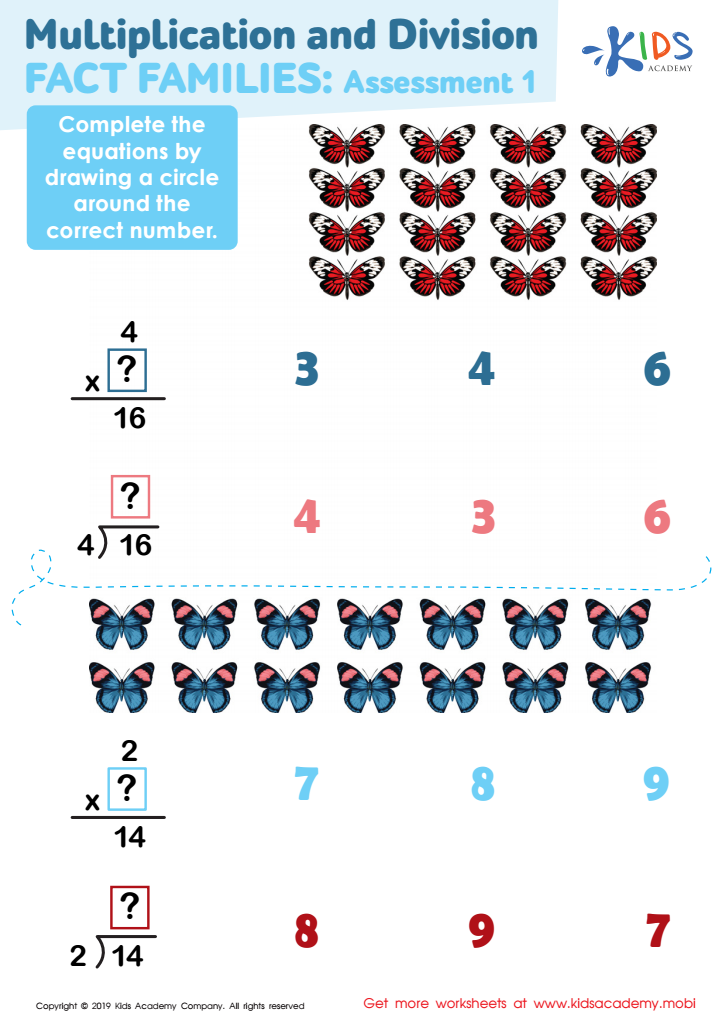

Multiplication and Division Fact Families Assessment 1 Worksheet
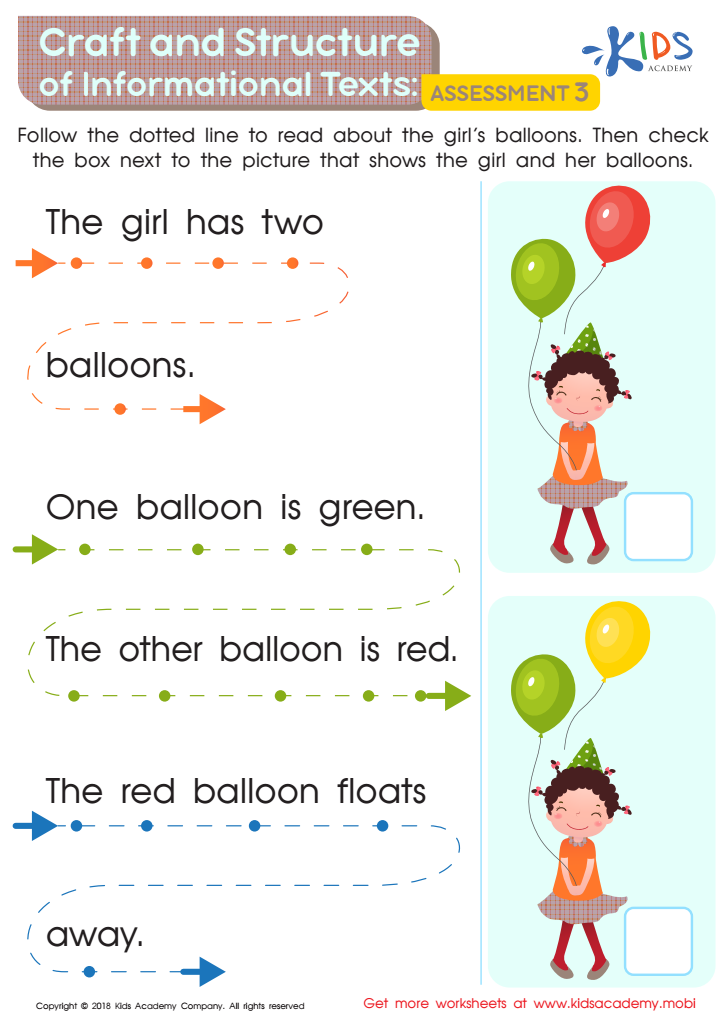

Craft and Structure of Informational Texts: Assessment 3 Worksheet
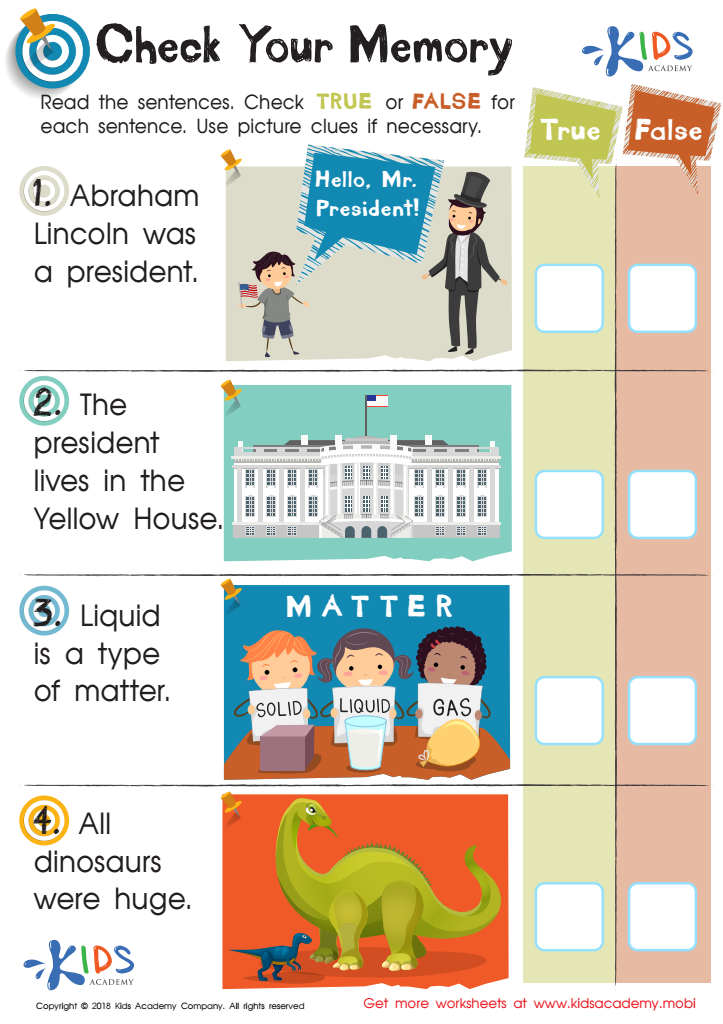

Check Memory Worksheet
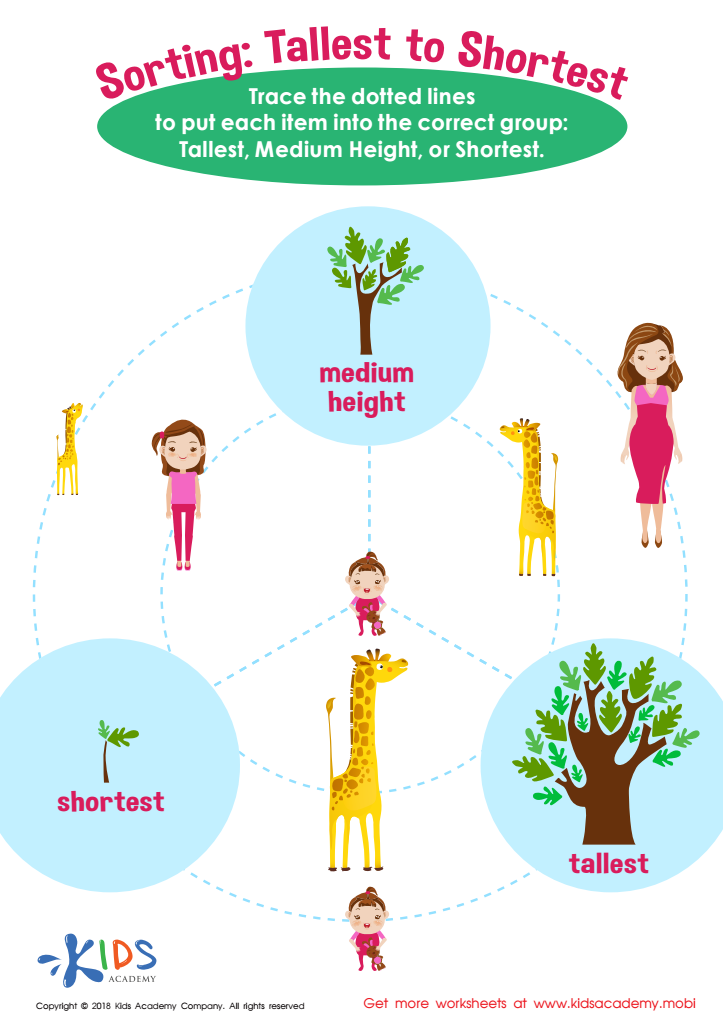

Sorting: Tallest to Shortest Worksheet


Multiplying 9’s Montgomery Bus Boycott Worksheet
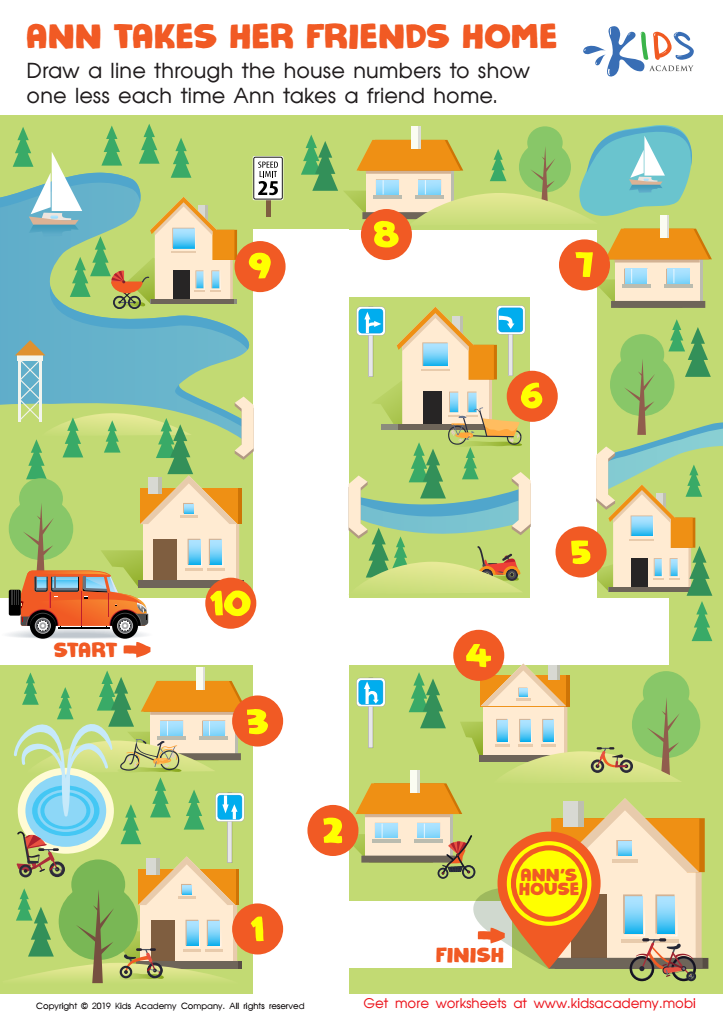

Ann Takes her Friends Home Worksheet
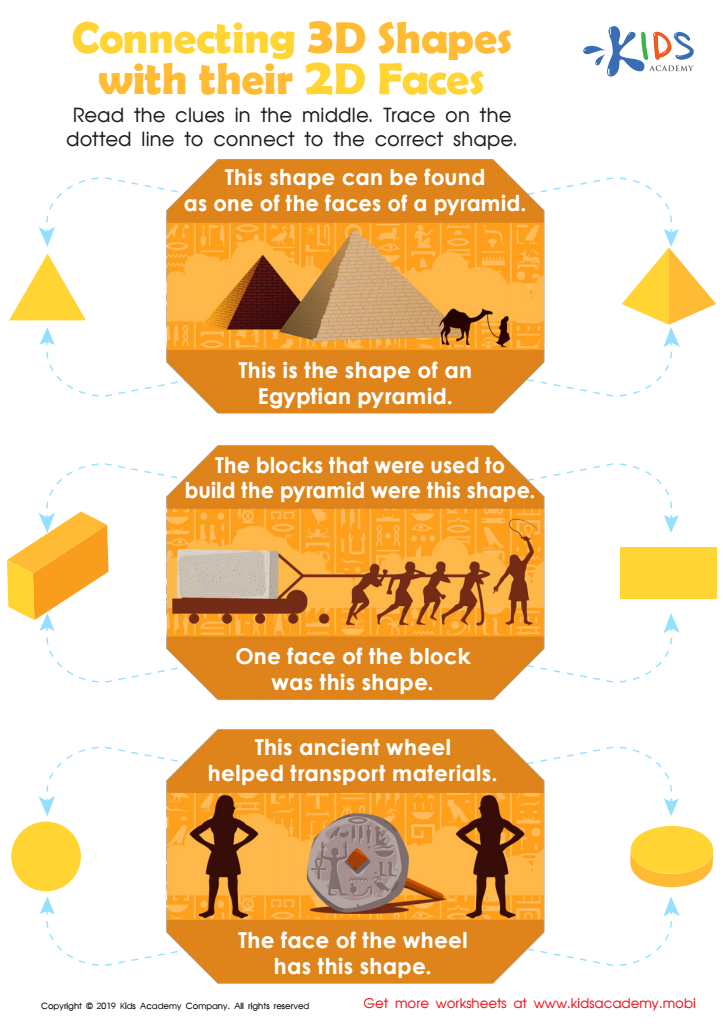

Connecting 3D Shapes with Their 2d Faces Worksheet
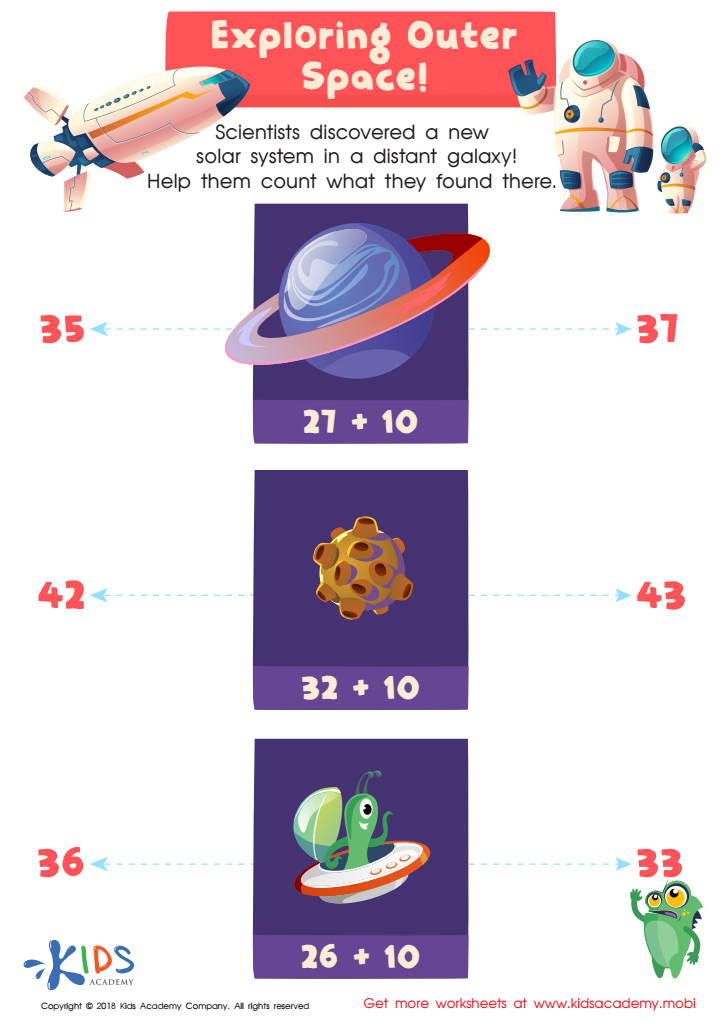

Exploring Outer Space Worksheet


Notation of Checkmate Worksheet
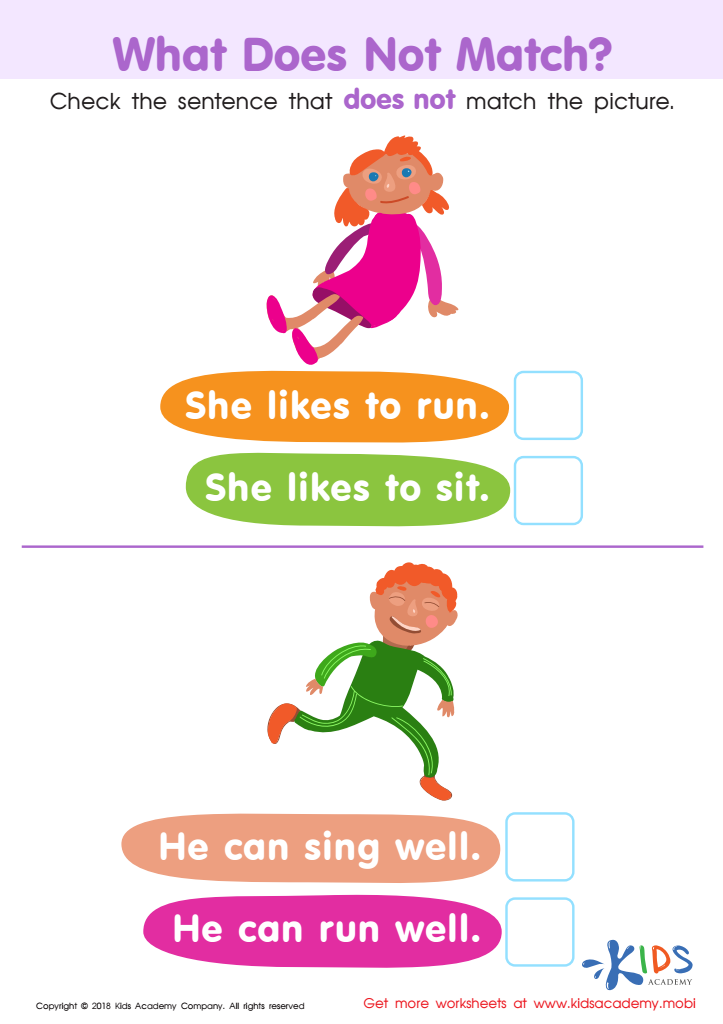

What Does Not Match? Worksheet
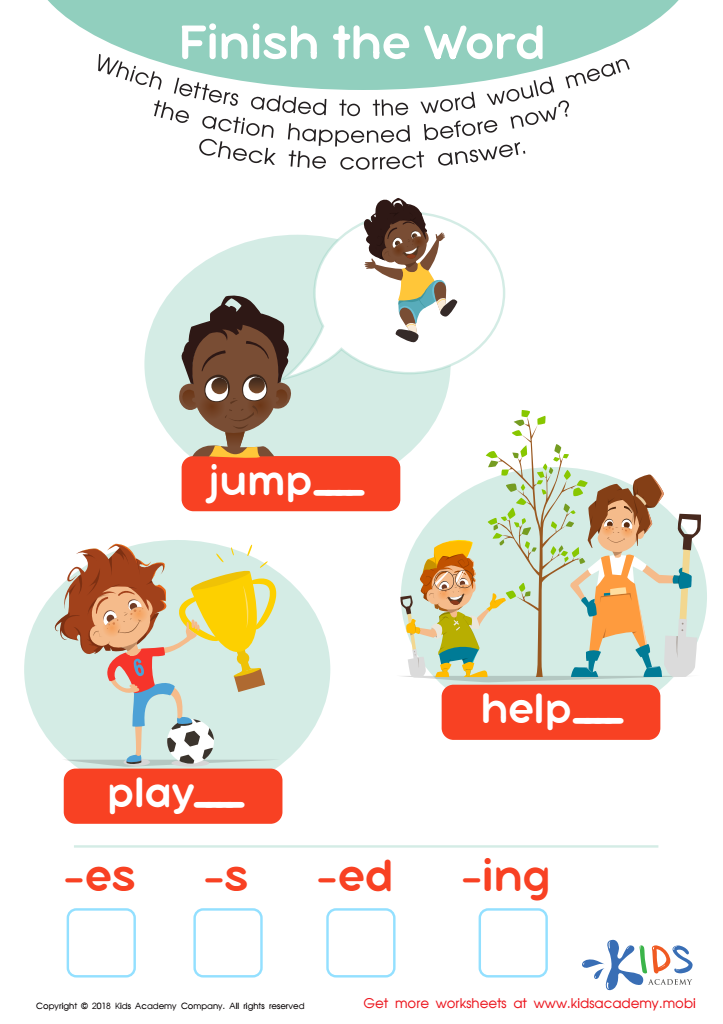

Finish the Word Worksheet
Parents and teachers should prioritize the developmental needs of children aged 3-9 because this critical period lays the foundation for lifelong learning and emotional health. During these years, children's brains undergo rapid growth, with 90% of their brain development occurring before age five. Engaging in stimulating educational activities early on fosters cognitive skills such as problem-solving, language development, and creativity.
Furthermore, starting structured learning early helps children develop essential social skills through interaction with peers and adults. Quality early education promotes empathy, cooperation, and communication, preparing them for future social contexts. It also strengthens resilience and adaptability, vital traits for navigating life’s challenges.
Supportive environments foster emotional security, helping children manage feelings and develop a strong sense of self-worth. Teachers and parents can play an instrumental role by creating a nurturing atmosphere where curiosity and exploration are encouraged.
Investing time and resources in this age group ultimately helps in raising well-rounded individuals who are academically prepared, socially adept, and emotionally healthy. A strong foundation at ages 3-9 leads to higher academic achievement, lifelong learning attitudes, and the ability to contribute positively to society. Thus, caring for this age group has profound implications for their future.

 Assign to My Students
Assign to My Students




















